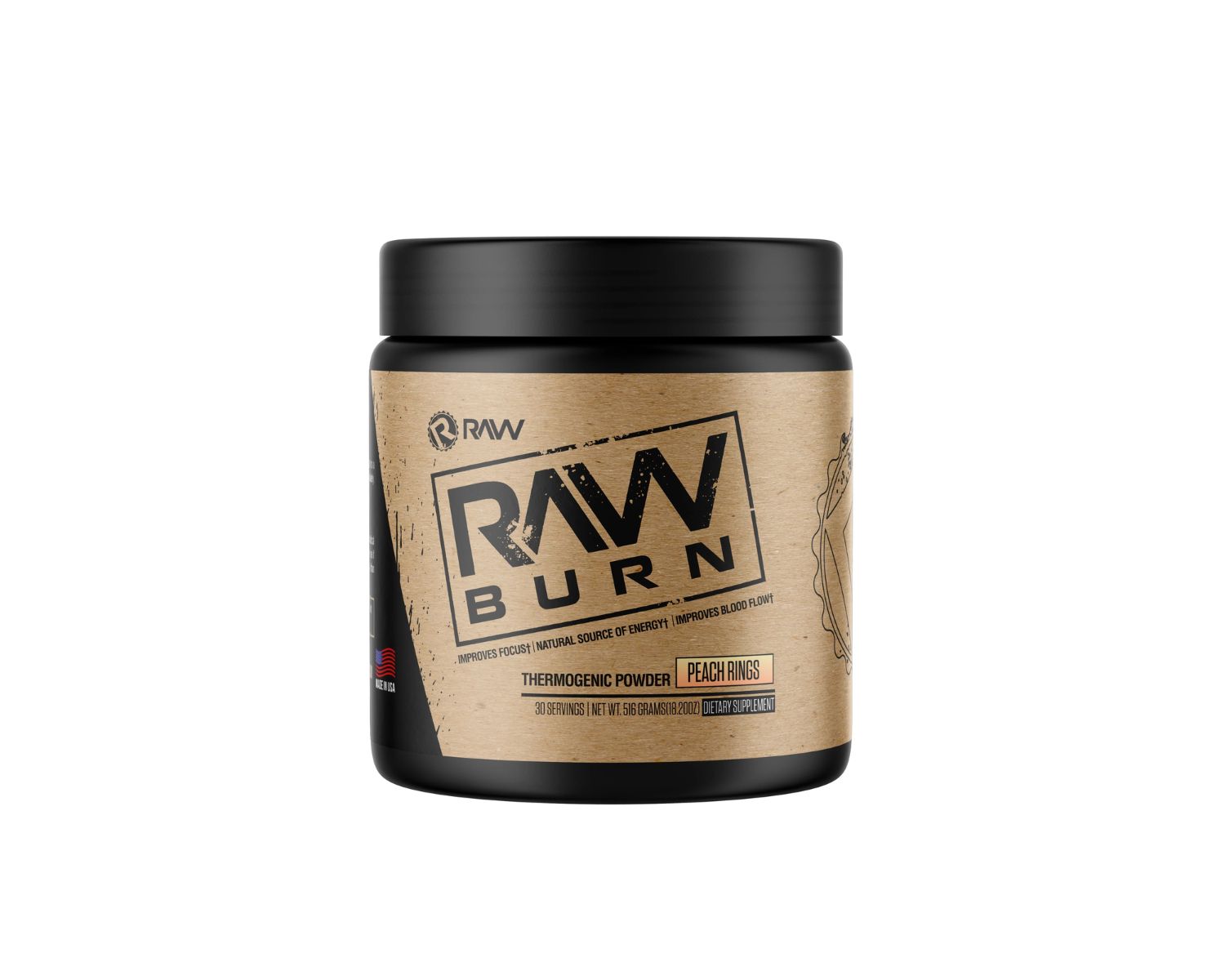
When it comes to nutrition, we are constantly bombarded with information about diets, superfoods, and the latest trends. One topic that has gained considerable attention in recent years is raw nutrition. Raw nutrition advocates believe that consuming foods in their natural, uncooked state provides numerous health benefits. But what exactly is raw nutrition and why should we consider incorporating it into our diets? In this article, we will explore 17 captivating facts about raw nutrition that will enlighten and inspire you. From the impact of cooking on nutrient content to the potential health benefits of raw foods, get ready to discover the power of raw nutrition and its role in promoting overall well-being. So, let’s dive in and uncover the fascinating world of raw nutrition!
Key Takeaways:
- Raw nutrition offers numerous health benefits, including improved digestion, weight management, and immune system support. It can also enhance skin health, mental clarity, and physical performance.
- Choosing raw foods promotes environmental sustainability and encourages wholesome eating habits. It allows for culinary creativity and supports healthy blood sugar levels, gut health, and detoxification.
Raw nutrition is the practice of consuming uncooked and unprocessed foods.
Raw nutrition involves eating a diet primarily composed of fruits, vegetables, nuts, seeds, and sprouted grains, without subjecting them to heat or cooking. The goal is to preserve the natural nutrients and enzymes found in these foods.
Raw nutrition promotes better digestion.
Raw foods are high in dietary fiber, which aids digestion by promoting regular bowel movements and preventing constipation. Additionally, the enzymes present in raw foods help break down the nutrients, making them easier for the body to absorb.
Raw nutrition is rich in enzymes.
Enzymes play a vital role in the body’s metabolic processes. Since raw foods are not exposed to high temperatures, they retain their natural enzyme content, which can support digestion, boost energy levels, and enhance overall well-being.
Raw nutrition can help with weight management.
Raw foods are generally low in calories and high in fiber, which can help increase satiety and reduce overeating. Additionally, these foods are rich in nutrients, providing the body with essential vitamins and minerals while keeping calorie intake in check.
Raw nutrition can improve skin health.
The abundance of antioxidants and nutrients found in raw foods can promote radiant and youthful-looking skin. These foods are also hydrating, helping to maintain proper skin moisture and elasticity.
Raw nutrition may boost the immune system.
Raw foods are packed with immune-boosting antioxidants, vitamins, and minerals that can strengthen the body’s defense against infections and diseases. By consuming a variety of raw fruits and vegetables, you can support your immune system naturally.
Raw nutrition may reduce the risk of chronic diseases.
Studies have shown that a diet rich in raw fruits and vegetables is associated with a lower risk of developing chronic diseases such as heart disease, diabetes, and certain types of cancer. The high nutrient content of raw foods plays a crucial role in disease prevention.
Raw nutrition can provide natural energy.
The natural sugars present in raw fruits and vegetables, along with their high nutrient content, can provide a sustainable source of energy without the crashes often associated with processed foods and refined sugars.
Raw nutrition supports alkalinity in the body.
Raw foods are generally alkaline-forming in the body, helping to maintain a balanced pH level. An alkaline environment is believed to promote optimal health and prevent the growth of harmful bacteria and fungi.
Raw nutrition can improve mental clarity and focus.
A diet rich in raw foods has been linked to improved cognitive function, increased mental clarity, and enhanced focus. The nutrients and antioxidants found in these foods support brain health and may help reduce the risk of age-related cognitive decline.
Raw nutrition can contribute to a detoxifying effect on the body.
Raw foods, especially raw vegetables and fruits, contain fiber and phytonutrients that aid the body’s natural detoxification processes. These foods can help eliminate toxins, promote liver health, and support overall detoxification.
Raw nutrition can enhance physical performance.
Raw foods provide the body with essential nutrients, antioxidants, and hydration, all of which are crucial for optimal physical performance. Many athletes incorporate raw nutrition as part of their training regimen to support endurance and recovery.
Raw nutrition encourages environmental sustainability.
Choosing raw foods reduces the carbon footprint associated with food production. Raw nutrition emphasizes local and organic produce, minimizing the use of packaging and processing methods that contribute to environmental degradation.
Raw nutrition can improve gut health.
The fiber, prebiotics, and probiotics found in raw foods support a healthy gut microbiome. A balanced gut microbiome is essential for optimal digestion, nutrient absorption, and overall gut health.
Raw nutrition can help maintain healthy blood sugar levels.
The natural sugars found in raw fruits and vegetables are accompanied by fiber and other nutrients that minimize blood sugar spikes. This makes raw nutrition an excellent choice for individuals looking to stabilize their blood sugar levels.
Raw nutrition encourages natural and wholesome eating habits.
Eating raw foods often requires mindfulness and time spent in food preparation. This can lead to a greater appreciation for whole, unprocessed foods and a reduced reliance on processed and fast foods.
Raw nutrition allows for culinary creativity.
Raw foods can be transformed into delicious and nutritious meals through techniques such as blending, juicing, and marinating. The versatility of raw ingredients opens up a world of culinary possibilities and enables individuals to explore new flavors and textures.
Conclusion
In conclusion, raw nutrition offers a multitude of benefits for our overall health and well-being. By incorporating raw foods into our diets, we can boost our nutrient intake, support digestion and detoxification, improve energy levels, promote weight loss, and enhance our immune system. Moreover, raw nutrition provides us with a wide array of enzymes, antioxidants, vitamins, and minerals that are essential for optimal health.Embracing a raw food lifestyle may seem challenging at first, but with proper planning and knowledge, it can be a rewarding and transformative experience. Remember to gradually incorporate raw foods into your diet, listen to your body’s needs, and experiment with different recipes and flavor combinations to enhance your culinary experience.By understanding the captivating facts behind raw nutrition, we can make informed choices that positively impact our health. So, why not embark on this exciting journey and unlock the incredible benefits that raw nutrition has to offer?
FAQs
1. Is it safe to consume raw foods?
Yes, it is generally safe to consume raw foods as long as they are properly washed and handled. It is important to source fresh, high-quality ingredients and practice good hygiene to minimize the risk of foodborne illnesses.
2. Can I get all the necessary nutrients from a raw food diet?
A well-planned raw food diet can provide all the essential nutrients our bodies need. However, it is important to ensure a diverse and balanced intake of fruits, vegetables, nuts, seeds, and other plant-based foods to meet our nutritional requirements.
3. Can raw nutrition help with weight loss?
Raw nutrition can support weight loss due to its high fiber content and low calorie density. Raw foods are naturally low in calories but rich in nutrients, making them an excellent choice for those looking to shed extra pounds.
4. Are there any specific precautions to take when transitioning to a raw food diet?
When transitioning to a raw food diet, it is important to start gradually and allow your body to adapt to the changes. It may be helpful to consult a nutritionist or healthcare professional to ensure you are meeting your nutritional needs during this transition.
5. Can children and pregnant women follow a raw food diet?
Children and pregnant women have specific nutritional needs that must be met for optimal growth and development. It is advisable to consult with a healthcare professional before introducing a raw food diet to ensure adequate nutrient intake for these stages of life.
Was this page helpful?
Our commitment to delivering trustworthy and engaging content is at the heart of what we do. Each fact on our site is contributed by real users like you, bringing a wealth of diverse insights and information. To ensure the highest standards of accuracy and reliability, our dedicated editors meticulously review each submission. This process guarantees that the facts we share are not only fascinating but also credible. Trust in our commitment to quality and authenticity as you explore and learn with us.


